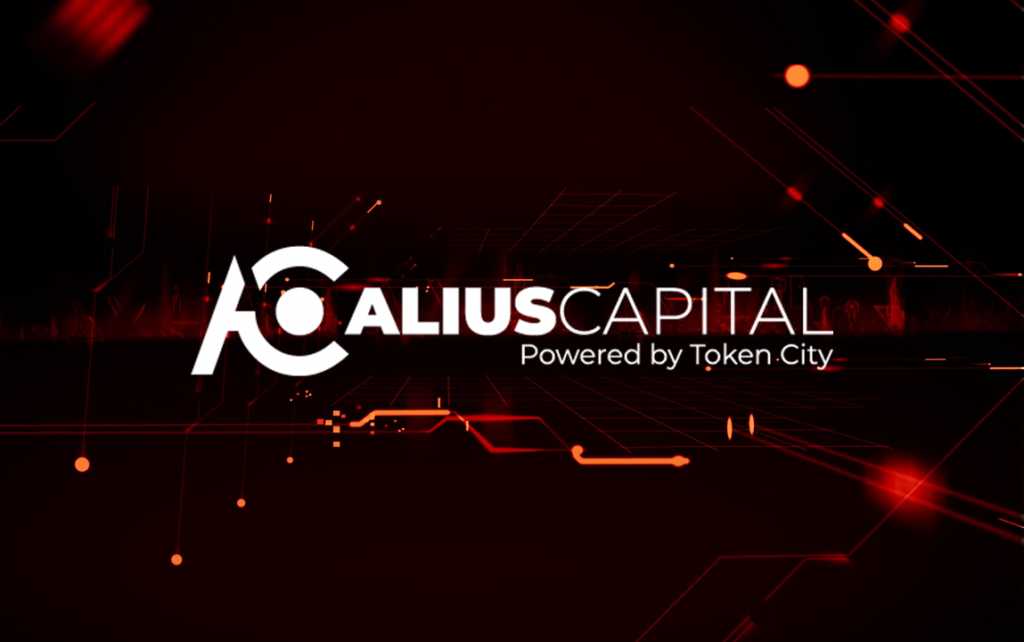Alius Capital launches in collaboration with Token City
Tokenized crowdfunding combines publicly accessible business financing and blockchain technology, modernizing the distribution and management of investment. It's the alternative financing channel best suited to companies that want to issue assets as simply as possible.
What is Crowdfunding for businesses?
Crowdfunding is a financing method that uses online platforms to connect project sponsors with a large number of investors who contribute affordable amounts of money in exchange for a loan or an equity stake. Crowdfunding for businesses is a non‑bank alternative financing channel that increases funding availability, allowing companies to raise capital on their own terms. For investors—whether experienced or not—it provides regulated access to opportunities traditionally unavailable to the wider public.
What is Tokenization?
Tokenization is the digital representation, using blockchain technology, of the economic—and governance if applicable—rights arising from issued securities or loans. This digitization offers advantages throughout the asset’s life cycle, making it more efficient and, depending on the issuer, opening doors that were previously closed—such as enabling the sale of the acquired asset.
Tokenized crowdfunding with Alius Capital
Alius Capital holds a CNMV license to provide financing services to companies, ensuring investor protection, reliability in applied processes, and compliance with the regulatory framework. The legislation applicable to Alius’s services is based on the 2020 European Crowdfunding Regulation, which is mandatory for all crowdfunding platforms within the European Union.
Alius stands out by taking the technology a step further, tokenizing investors’ assets once the funding campaign has successfully closed. Asset life‑cycle management is carried out through smart contracts (applications built on blockchain) that reflect the financial and regulatory terms linked to the issuer, the investor, and the asset.
The key efficiency introduced by tokens governed by smart contracts centers on transferability. By tokenizing their assets, corporations can offer their investors the ability to divest or increase their position easily on a secondary market. In this case, the involvement of a Blokchain Registrar/ERIR is required—a role responsible for ensuring the integrity and authenticity of records on blockchain (to learn more about the ERIR, visit this article).
Tokenized corporate assets are 100% digital. The token is the asset—it doesn't exist in any other form. This complete digitization is known as native issuance on blockchain and carries all the advantages currently offered by this technology, including reduced operating costs, improved processes, and automation of secondary trading via tokenized stock exchange.
In the case of issuances by limited liability companies, the token registered on blockchain represents the holding of the asset without being the asset itself, since the latter must exist in a non‑tokenized medium. The token’s transferability is limited and permitted under specific conditions.
In every case—regardless of company type, Alius provides the guidance needed to design the most suitable and robust transaction.
How it works
Crowdfunding operations facilitated by Alius have a cap of 5 million euros. When setting the amount it seeks to raise, the company sets both a maximum limit and a minimum limit by which the round can close successfully. If the minimum is not reached within the time period set for the campaign, the funds raised are returned to investors at no cost to them.
- Upon receiving an investment‑raising project, Alius applies its analysis methodology to determine its attractiveness and feasibility.
- Once the project is approved, the sponsoring company prepares the offering documentation and sets the minimum/maximum funding target and timeline.
- With the investor information established and reviewed, Alius launches the proposal to the public from its platform.
- Interested investors access the opportunity, registering on the platform if they have not done so previously.
- Payments are processed via a payment institution through escrow accounts.
- The issued assets are tokenized and sent to users’ wallets once the campaign is closed.
More information:
Enter the new tokenized economy
Token City is the ultimate bridge to the tokenized economy (tEconomy), in which tokenized companies (tEnterprises) create their cryptoasset markets (tMarkets), open to global investors (tCitizens).


